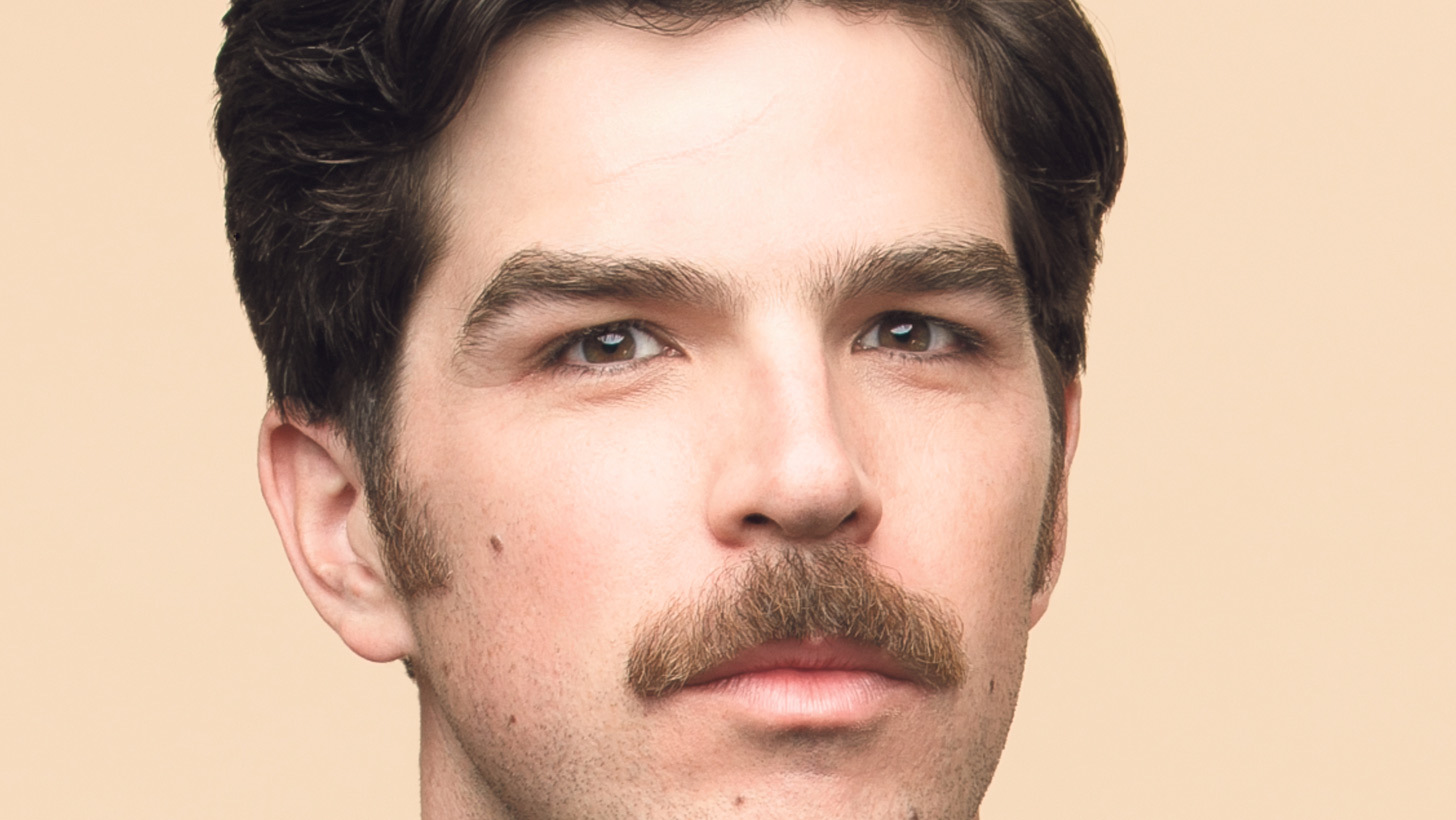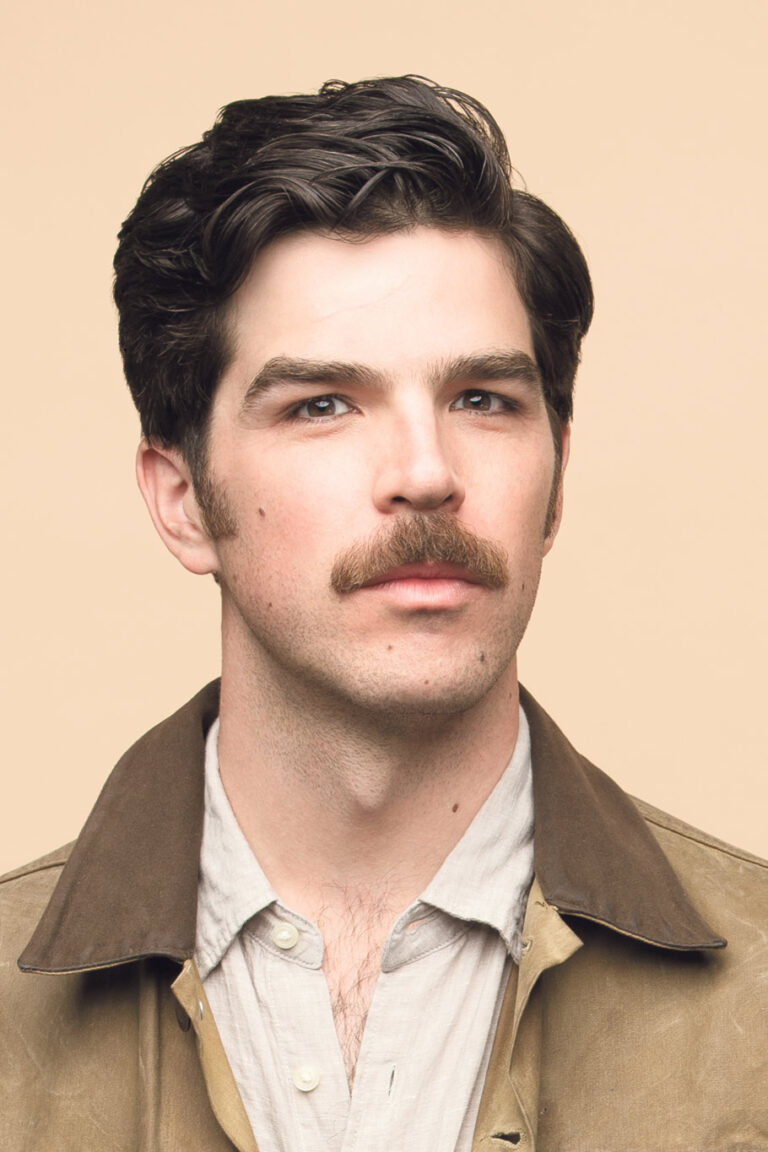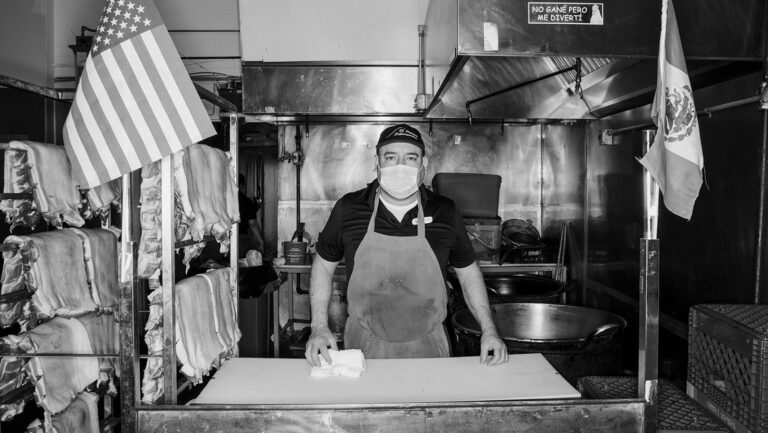Culture Shock: The Muscle Of Memory
Author Francisco Cantú Discusses His Work On The Border


Author Francisco Cantú explores his experiences as a Border Patrol Agent in his book, The Line Becomes a River
Beowulf Sheehan








